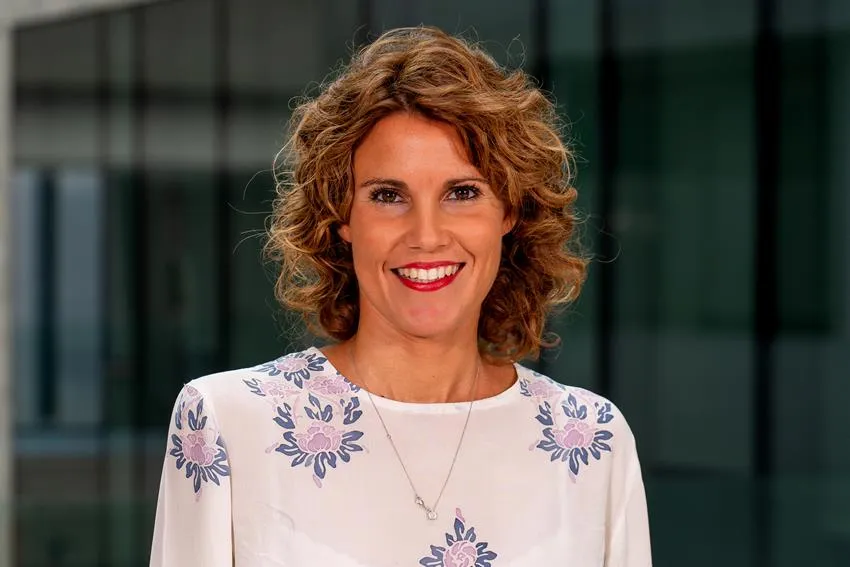
Disability Is a Family Issue
Disability is a condition that not only limits the life of the person affected, but also disrupts that of all the members of the family household, creating a multiplier effect of disadvantage. When disability affects a minor, parents are the first in line to be affected, since they are the main caregivers of the child or young person. This is true in general, but it takes a starker relevance in a context like the Italian one, characterized by a family-based welfare system, where the family is considered the provider of first resort for the welfare of all its members, especially in case of illness. This is accompanied by an increasingly family-centered health and care system, where the key role of the family in the diagnostic, medical and care path of minors with disabilities is acknowledged. Such a care system should enhance the informative and "directing" role of the family, and at the same time offer adequate support to the latter, with the idea that the well-being of the child with disabilities also passes through the well-being of all the other family members, primarily parents and siblings.
Unfortunately, this support is insufficient, and what happens is that families are left alone to deal with and manage their child's disability, which inevitably becomes a source of disadvantage for all family members, capable of having effects on the lives of parents and siblings even in the long term, changing their life paths. One of the ways in which a child's disability affects the lives of parents is through the effect it has on the mental and physical health of the mother and father.
In a recent study published in the European Journal of Public Health, my colleague Dr. Danilo Bolano (Dondena Center) and I showed how a child's disability has a negative effect on the mental health, self-reported health and general well-being of parents. This study was conducted using data from the annual ISTAT "Aspects of Daily Life" survey for 2018 and 2019, based on a representative sample of approximately 7,000 families, of which about 6% declared they had a child who had limitations in carrying out their daily living activities.
The negative effects on health, and in particular on mental health, are particularly strong for mothers, who, as main caregivers, dedicate much of their energy and time to caring for their child with disabilities, abdicating their career and free time in a quasi-normative perspective of self-sacrifice. Within a gender system that sees the mother as primarily responsible for the care of family children, the presence of a child with disability only increases the burden of care for the mother, inevitably making her more vulnerable to stress, fear of the future and stigma.
In addition to gender inequalities, there are also important differences that depend on the socio-economic status of the parents. Less educated mothers and fathers are more exposed to the negative effects on health that are consequence of their child's disability, probably both because they have fewer economic resources essential to cover the higher medical and welfare care costs, and to cope with a single-income family situation, and because they have fewer cultural resources to navigate a very complex school and care bureaucracy.